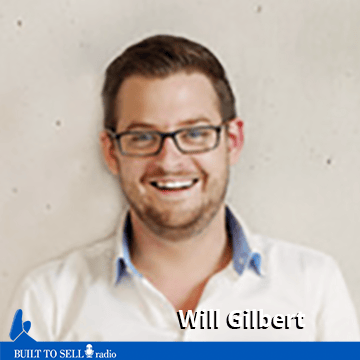About this episode
Staffing-industry veteran Will Gilbert co-founded Socium – a U.K.-based company supplying workers to companies that needed them – in early 2019. Within six months, Socium was generating more than 7 million U.K. Pounds in revenue.
To read a transcript of this episode, click here.
Staffing-industry veteran Will Gilbert co-founded Socium – a U.K.-based company supplying workers to companies that needed them – in early 2019. Within six months, Socium was generating more than 7 million U.K. Pounds in revenue.
A coffee meeting with a former colleague in the staffing business led to an acquisition discussion and soon after, Socium was acquired – months before celebrating its first birthday.
In this episode, you’ll discover:
- How to use your receivables to finance hyper growth
- The different valuation multiples of transactional vs. annuity-based revenue
- The surprising reason that some strategic acquirers may not be a fit
- How deciding when to sell (Hint: it may be sooner than you think)
- How asking for advice can lead to an offer
Before Gilbert decided to sell, he invested a lot of time trying to determine why he was selling. He credits that thinking for the sense of satisfaction he feels now that the deal is done. There are five key questions every founder should answer before selling and you can find them by completing your PREScore™ now.

About Our Guest
Will Gilbert is co-founder of Socium, the UK-based technology staffing firm with a difference. Gilbert learnt that timing is everything early in his career, when he landed a job in financial services in 2008, at the height of the financial crisis. When the company he was working for folded, he embarked on a decade-long career in the recruitment sector, where he built a multi-million pound contract recruitment practice. In 2019, Gilbert co-founded, grew, and sold Socium in 186 days. He started Socium on a mission to disrupt the recruitment industry, using a relationship-driven approach to scaling high performing teams.


